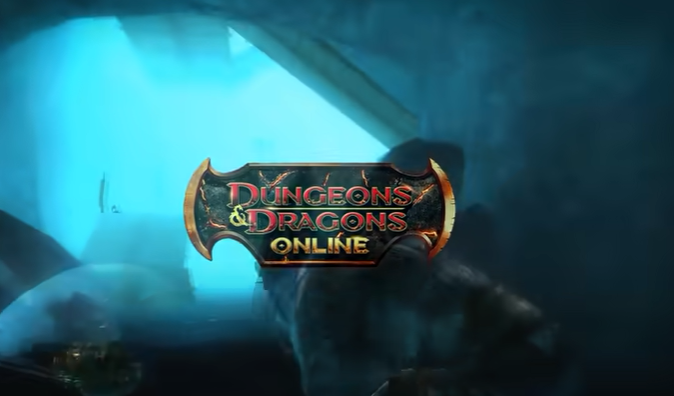
In the game "Dungeons & Dragons" the players possess a certain degree of freedom when creating their respective characters. You can choose from a wide assortment of classes, subclasses, races and backgrounds to distinguish someone's character.
While it is very easy for players to get wrapped up in the abilities, stats and combative capabilities of their character, it is still important for players to not lose sight of the character themselves. Here's what you need to know about them.
Character morality
When playing the character, you need to be aware of their moral code as it makes deducing their decision, thus making the process more clear, according to MyKindofMeeple.
Also Read: 'My Dad's Monster Manual': A Roleplaying Game That Features 'Dungeons & Dragons' and Dad Jokes
While the game has an established alignment system, figuring out the moral compass of the character first and foremost allows you to figure out your character's alignment after the fact. Also, figuring out why a character has a given moral code allows a player to figure out the background of the character and the upbringing from the top down.
Character drive
The motivations of the character are integral in any game. Without motivation, a character has no reason to act. There are a lot of ways that a player may go with the character's motivation, from trying to redeem a past wrongdoing, trying to help others or to just wanting to achieve a goal.
Lines that a character would not cross
The player should also know what things are off the table for their chosen character. What does a player's character find so abhorrent that it would never be done, no matter what the circumstance is. It can be difficult with a certain set of goals in mind. You also need to figure out what action a character will refuse, even if it meant being able to fulfill their goals and ambitions.
Lines that a character would cross
Players need to remember that no character is perfect and there are exceptions that characters are willing to make. It is not unnatural for a character to act out of alignment in a moment of moral ambiguity.
Even evil characters are capable of doing good acts if it is a means to an end, and good characters can perform an act of evil too.
Character fears
As much as you want your character to be fearless and heroic, a character still has fears that will make them more well-rounded and realistic, according to DnDSpeak.
A fear can be anything like encountering the undead or being isolated. A character's fears can be used in a positive manner too and they are not necessarily a weakness, because they can tell you why a character acts a certain way in a certain situation.
Character regrets
Figuring out the regrets of your character is a great way of tying a lot of the points together with one's backstory, according to GeekandSundry.com.
Check out what in the character's past had the character done that they regretted? What brought them to make that decision in the first place? Fears, just like regrets, can serve as imperfection on a character that can make them much more human.
This article is owned by Tech Times
Written by Sieeka Khan




![Most Useful Google Chrome Keyboard Shortcuts You Need to Know to Improve Your Browsing Experience [2024]](https://d.techtimes.com/en/full/449047/most-useful-google-chrome-keyboard-shortcuts-you-need-know-improve-your-browsing-experience-2024.jpg?w=184&h=103&f=476d29fd60df70a67f6679f99a2ca6d0)